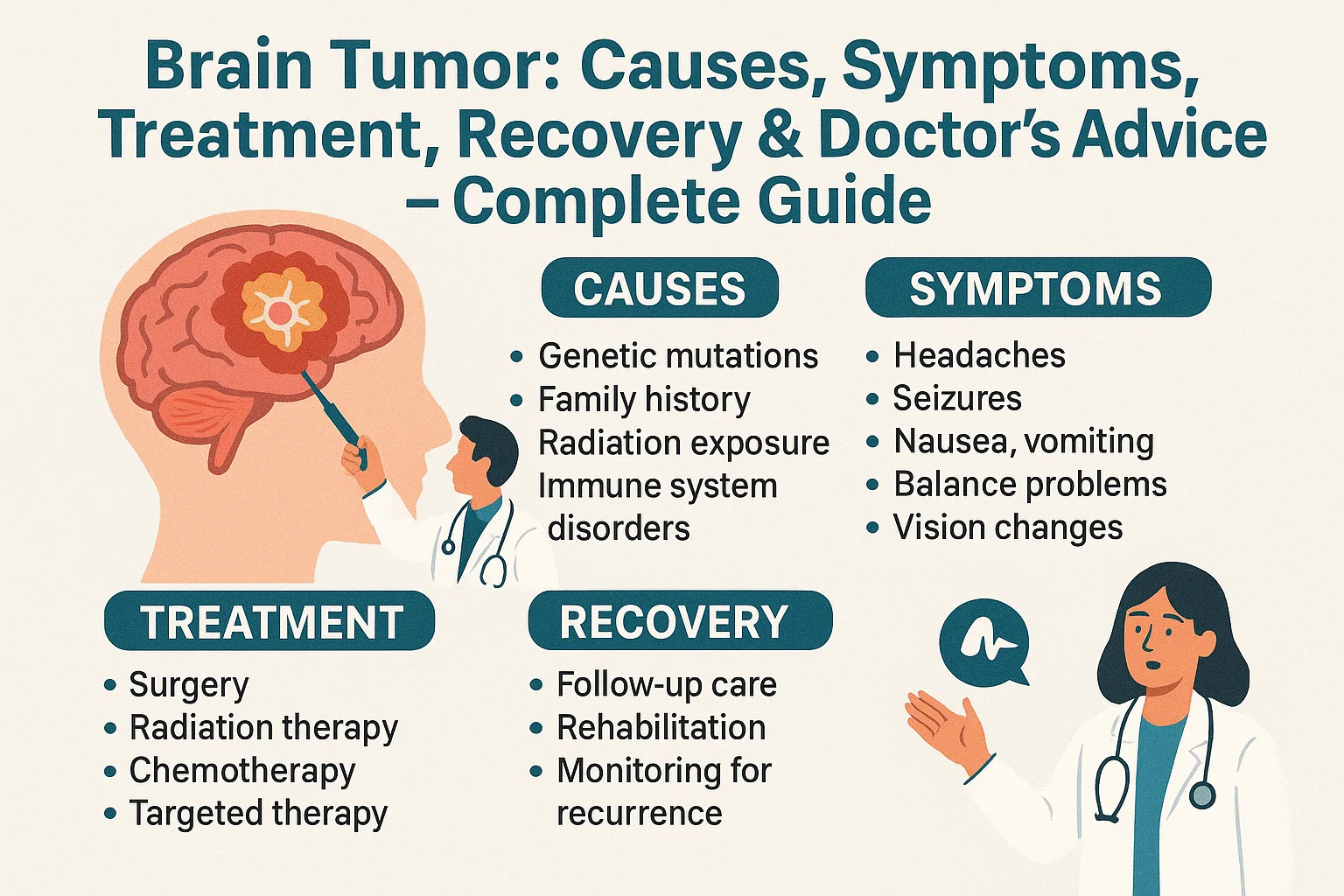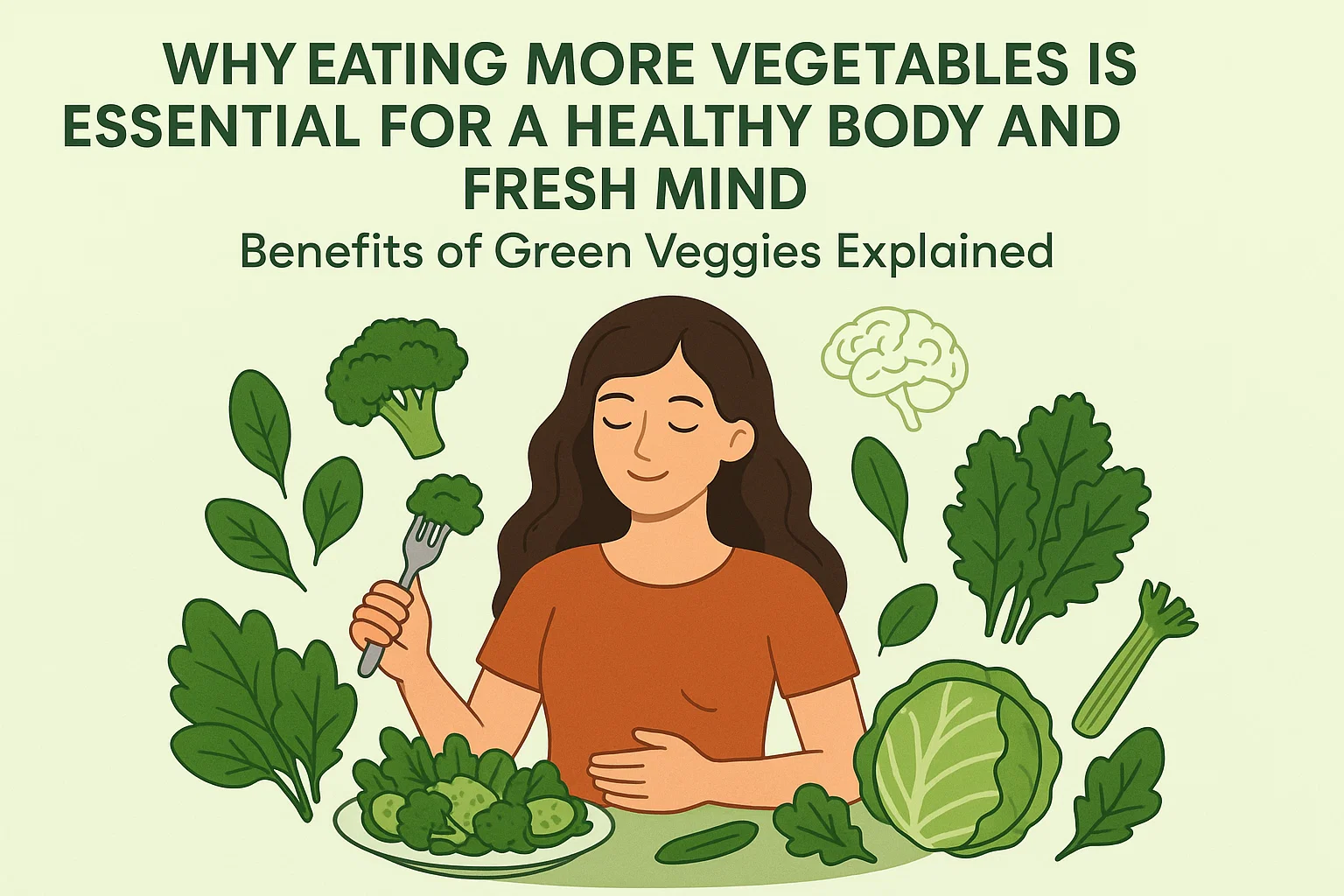
1. Introduction: Why AI Is Transforming Social Media
Artificial intelligence is no longer optional for social media strategies; it’s essential. From AI tools that generate captions and visuals to predictive algorithms that personalize feeds, AI is reshaping how content is created, shared, and consumed across platforms.
2. How AI Improves Social Media: Core Benefits
A. Enhanced Content Creation
AI tools like Jasper, Copy.ai, and Writesonic generate post ideas, captions, threads, and video scripts instantly, cutting writer’s block and maintaining consistent posting rhythms.
B. Visual & Video Generation
With tools such as Lumen5, Canva, Pictory, and Runway, brands can turn blogs into short videos, images, and reels fast. AI helps storyboard, edit, and brand visuals without design expertise.
C. Audience Insights & Sentiment Analysis
AI analyzes user comments, hashtags, and messages to understand sentiment trends, enabling brands to respond quicker and tailor content to preferences.
D. Predictive Posting & Engagement Timing

AI systems predict when audiences are most active, guiding content schedules and ad campaigns for maximum reach and impact.
E. Chatbots & Customer Interaction
Platforms like Chatfuel enable 24/7 automated customer service and personalized advice, freeing human agents to focus on complex tasks.
F. Personalized Feeds & Recommendations
Platforms such as Instagram, TikTok, and Reddit use AI to recommend posts, reels, and threads tailored to past user behavior, boosting time-on-platform and engagement.
G. Virtual Influencers & Immersive Experiences
AI-generated influencers like Mia Zelu reach hundreds of thousands of followers with polished, algorithmically created content, challenging norms of authenticity.
3. Comparison of Top AI Tools for Social Media
| Tool | Primary Use | Pros | Cons | Who It’s Best For |
|---|---|---|---|---|
| Jasper / Copy.ai / Writesonic | Post and caption generation | Fast content, templates, tone control | Costly, occasional factual errors | Marketers, agencies |
| Sprout Social / SocialBee / Buffer | Scheduling + audience analytics | Engagement insights, optimal timings | Limited creative tools | Community managers |
| Canva / VistaCreate / Ripl | Visual creation & templates | Easy, polished visuals, AI design suggestions | Free versions limited, advanced edits require practice | Small businesses, creators |
| Lumen5 / Pictory / InVideo / Runway | AI video and animated content | Storyboarding, automation, platform-specific formats | Free versions limited; advanced edits require practice | Video marketers, bloggers |
| Taplio | LinkedIn-specific automation | Hook generation, comment replies, analytics | Latin connection, fewer visuals | B2B professionals |
| Omneky / AdCreative.ai | Ad creative generation | Data-driven ad variants at scale | Expensive, needs brand guidelines | Ad agencies, e-commerce brands |
| Chatfuel | Chatbot engagement | Instant replies, personalized flows | Limited voice or complex logic | Customer support teams |
4. Pros & Cons of AI in Social Media
| Pros | Cons |
|---|---|
| Scales content production without burnout | Authenticity can suffer, AI may lack human nuance. |
| Data-driven insights and better targeting | Authenticity can suffer; AI may lack human nuance. |
| Quick engagement via chatbots and comment generation | Algorithm bias and privacy risks can erode trust. |
| Consistent visuals and media via templates | Many tools limit design flexibility or uniqueness |
| Trend forecasting enables proactive content planning | Quality of training data affects output accuracy |
5. The Future: Trends to Watch in 2025
- Zero‑copy generation (complete brand-aligned content packages auto-generated) enables content at scale with minimal human input—4× volume, 62% less resource cost.
- Multimodal AI reading and generating text, visuals, and audio for richer analytics and content output—clients see 43% higher performance.
- AI-generated virtual influencers offer scalable personas but raise trust and authenticity concerns—~95% of users misidentify fake from real images.
- AR-powered experiences create immersive campaigns—often yielding 300%+ more engagement and significant conversion boosts.
- Platform-native AI chat agents (e.g., Meta’s Project Omni) now initiate conversations and recall past interactions to amplify socio-engagement and retention.
- AI ad tools in platforms like Reddit and Pinterest are optimizing campaigns with community insights and smarter budgeting—boosting brand visibility and e-commerce conversions.
6. Actionable Plan: How to Adopt AI in Your Social Strategy

- Audit current content: Identify style, gaps, and consistency challenges.
- Select one tool tostart—Jasper or Copy.ai for captions, Canva or Lumen5 for visuals.
- Pilot across one platform with scheduled posts, AI-enhanced visuals, and predicted timing.
- Measure key metrics: engagement rate, reach, follower growth, and conversion.
- Incorporate sentiment monitoring to adjust tone based on user feedback.
- Experiment with AI chatbots for FAQs or automated reply capabilities.
- Institute human review to maintain authenticity and guard against biased or generic output.
- Scale with compliance: Label AI-generated content and follow data-privacy best practices.
7. Case Highlights: Brands Using AI Wisely
- Pinterest Performance+ launched AI ad tools that optimize targeting and budgeting—pushing its stock up and doubling ad efficiency.
- Meta’s AI Chat Studio (Project Omni) now powers chatbots that continue conversations contextually—boosting retention and perceived brand presence.
- The YouTube Shorts AI toolkit now turns images into videos with AI effects—making Shorts creation faster and more versatile.
8. Final Thoughts: Embracing AI While Staying Human
AI has become the backbone of modern social media strategies—fueling content creation, engagement, personalization, and insights. But human oversight, authenticity, ethical use, and transparency remain critical. The future is AI-enhanced, not AI-replaced. Brands that use AI smartly, ethically, and creatively will lead the social media space in 2025 and beyond.
9. FAQs About AI in Social Media
Q1: Can AI replace creative marketers?
Not really. AI speeds up ideation and creation, but human judgment ensures authenticity, brand alignment, and empathy.
Q2: Is AI content safe legally?
Mostly—but monitor for copyright violations and avoid misinformation. Always review AI output manually.
Q3: Will AI-generated influencers mislead audiences?
Yes—AI personas can deceive. Platforms and brands must disclose synthetic content clearly.
Q4: How much can brands save using AI?
Many report 50–70% time savings on content creation, with better ROI on ad spend and engagement.
Q5: Does AI respect user privacy?
Only if platforms implement consent and transparency controls. Some AI tools can misuse behavioral data—a key concern.
Q6: What’s next in AI‑powered social media?
Expect the rise of zero-copy generation, multimodal AI, AR/VR content, and AI chatbots integrated deeply into platforms.









qqzuac